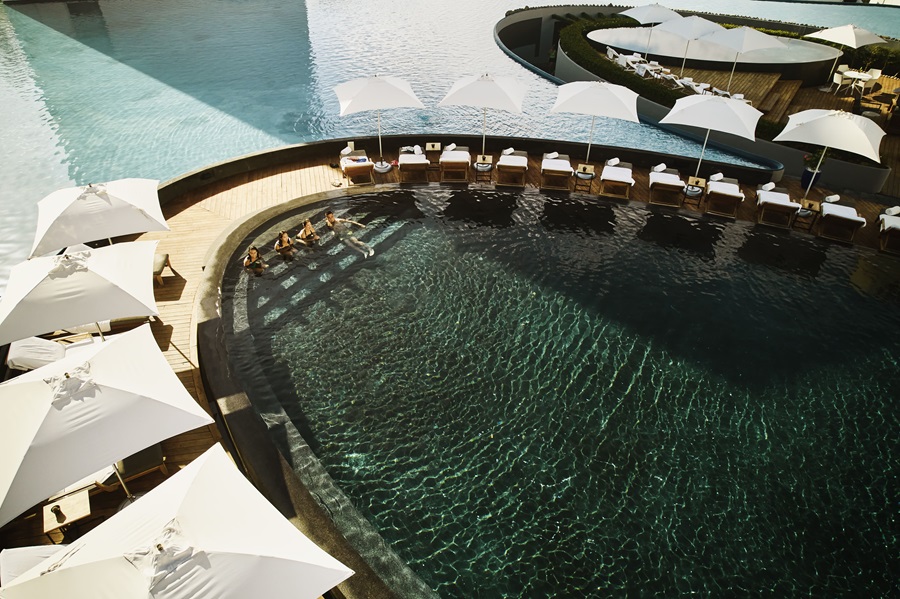
The Luxury Hotel Boom: Key Drivers Shaping the Global Luxury Hospitality Sector
The global luxury hospitality sector is experiencing significant growth, driven by an influx of affluent travelers seeking exclusive personalized experiences. This is particularly true in the Middle East, a region with ambitious projects attracting the luxury tourist. A recent viewpoint title The Rise of Luxury Hospitality by Arthur D. Little highlights drivers for the luxury hospitality sector, supported by the rising number of global millionaires and evolving consumer preferences. This trend is transforming the luxury hotel market in the Middle East and creating new opportunities for investors and operators.
Innovative Trends Shaping the Future of the Middle East's Luxury Hospitality Sector
The demand for luxury hotel rooms is outstripping supply, leading to increased average daily rates (ADR) far above $3,000 USD at exclusive ultra-luxury hotels. This trend is fueled by a combination of factors, including the personalization of luxury experiences, new wellness offerings, improved sustainable practices, unique culinary journeys, and a culture of excellence. These elements are vital in attracting top-tier travelers seeking exclusive and memorable stays.
Nicholas Nahas, lead author of the Arthur D. Little report, comments, "The Middle East region’s luxury hotel sector is not only growing but evolving. The personalization of exclusive experiences, coupled with novel sustainable practices and advanced wellness offerings, is setting a new standard that affluent travelers are willing to pay a premium. These hospitality innovations in luxury are creating unprecedented opportunities for investors and operators in the region."
Key Drivers Behind the Surge in Luxury Hotel Investments in the Middle East
The Middle East is becoming a hotspot for luxury hotel investments. The sector of ultra-high-net-worth individuals (UHNI) with wealth above $30 million rose globally by 4.2% to ~627k, with the Middle East contributing significantly with a 6.2% increase. The number of UHNIs is expected to rise by 28% by 2028, with the Middle East and Asia leading this growth.
The luxury hotel sector is no exception to this growth and is on an unprecedented upward trend. According to CoStar, the number of available luxury rooms globally could reach 1.9 million by 2030, up from 1.6 million in 2023. Business travel is also contributing to this demand, with mid and senior-level managers seeking luxury retreats to reinforce corporate culture and reward employees.
Luxury hotel operators have nearly doubled the number of rooms over the last decade. Brands like Six Senses, Aman Hotels, and One&Only have shown significant growth, reflecting the sector's dynamic expansion.
Arthur D. Little's analysis of consumer spending data substantiates the rising interest in recreational, educative, and immersive experiences over nonessential goods. This trend emphasizes the importance of personalized services, wellness offerings, sustainability, culinary experiences, and culture of excellence in the luxury hotel sector.
The viewpoint identifies four key enablers that operators must utilize to drive growth: compelling marketing and communication strategies, a well-trained and motivated workforce, flexible financial management, and leveraging data and technology.



























